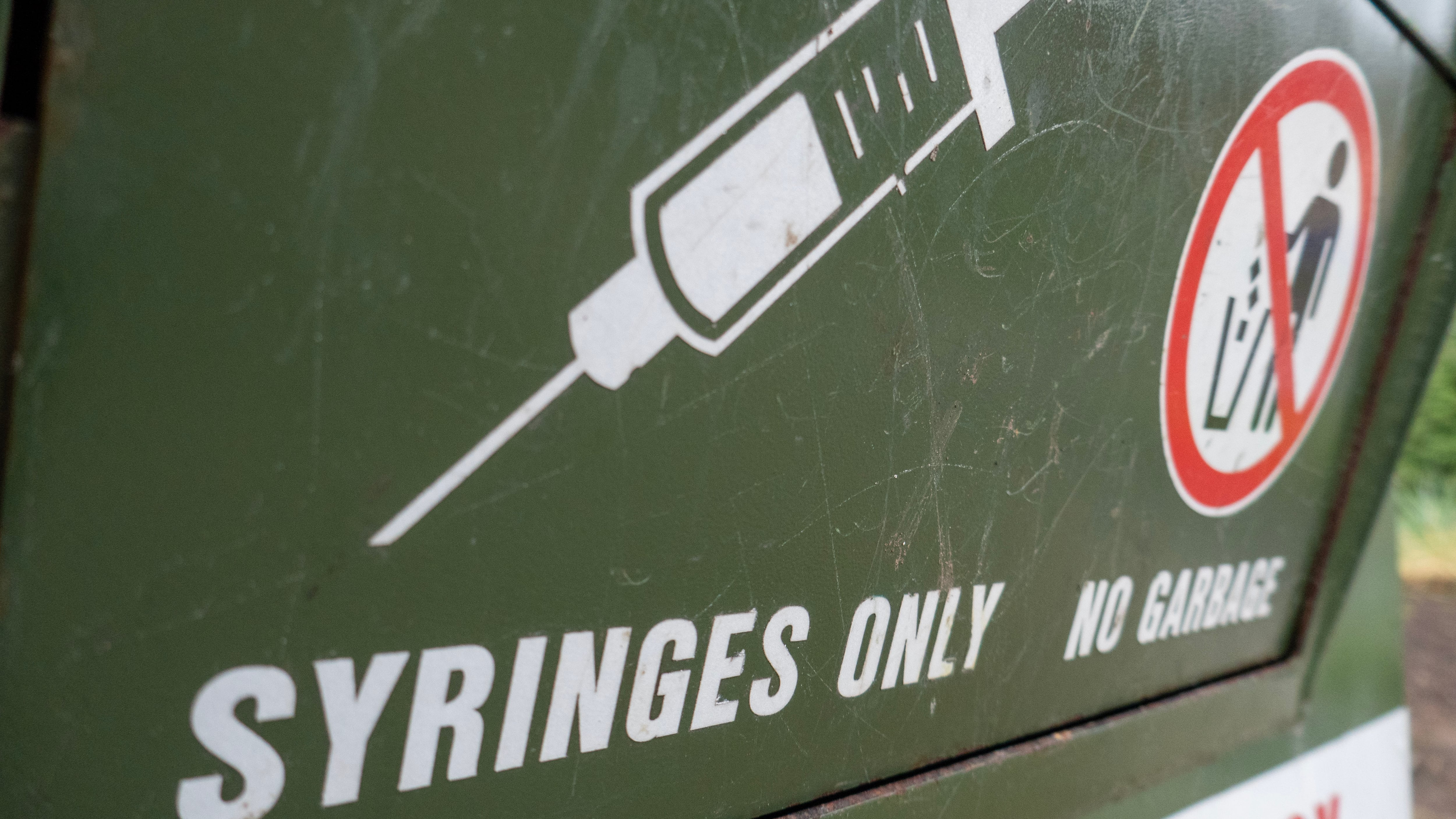The glacial process of getting a massive chunk of new funding into Oregon’s substance abuse disorder treatment industry is grinding forward.
The Oregon Health Authority announced today that the Measure 110 Oversight Accountability Council has now approved applications from providers in 21 of Oregon’s 36 counties.
The council’s approval is a key step in unlocking $265 million that has been allocated for treatment, as the second step of Measure 110, which voters approved in 2020.
That measure decriminalized the personal use of most hard drugs in Feburary 2021 and also provided a funding mechanism for treatment. That mechanism sweeps all state tax revenue from recreational cannabis above $45 million a year into a fund allocated for referral and treatment around the state.
But establishing that treatment network is taking far longer than decriminalization. And the gap in timing means that the barriers to the use of hard drugs came down far in advance of the new opportunities for treatment.
The OHA had received applications from 333 providers around the state. Each of those applications then had to be evaluated by OHA staff on a scoring rubric than included more than 300 questions before it could be brought to the 20-member oversight panel.
That has made for a cumbersome process and delayed funding, which OHA had hoped would begin flowing in January. Today, in addition to announcing that Columbia, Clatsop, Lincoln, Malheur, Tillamook, Wallowa and Washington counties have now moved through the approval process, the agency said it would advance more funds on top of $33 million in preliminary grants it issued last year. The new money, aimed at tiding over providers until the larger grants flow, brings the total advanced to $38.9 million.
In a statement, the OHA said for those counties that have been approved, the next step is to negotiate a memorandum of understanding with the state that will lead to the establishment of a behavioral health resource network for each county.
“Orientation with the approved applicants began today, with OHA facilitating the process,” the agency said. “OHA is working to move through the negotiation phase as quickly as possible.”
Tera Hurst, executive director of the Oregon Health Justice Recovery Alliance, which is monitoring the OAC process, says she’s pleased to see some progress but is still frustrated that getting the county networks up and running is taking so long.
For instance, Hurst says, the OAC canceled a meeting this week because OHA had not provided vetted applications for the panel to review, so panel members had nothing to work on.
“They are not treating it like the crisis that it is,” Hurst says of the agency. “They are making progress but still not making every effort to get the funds out the door as soon as possible.”

